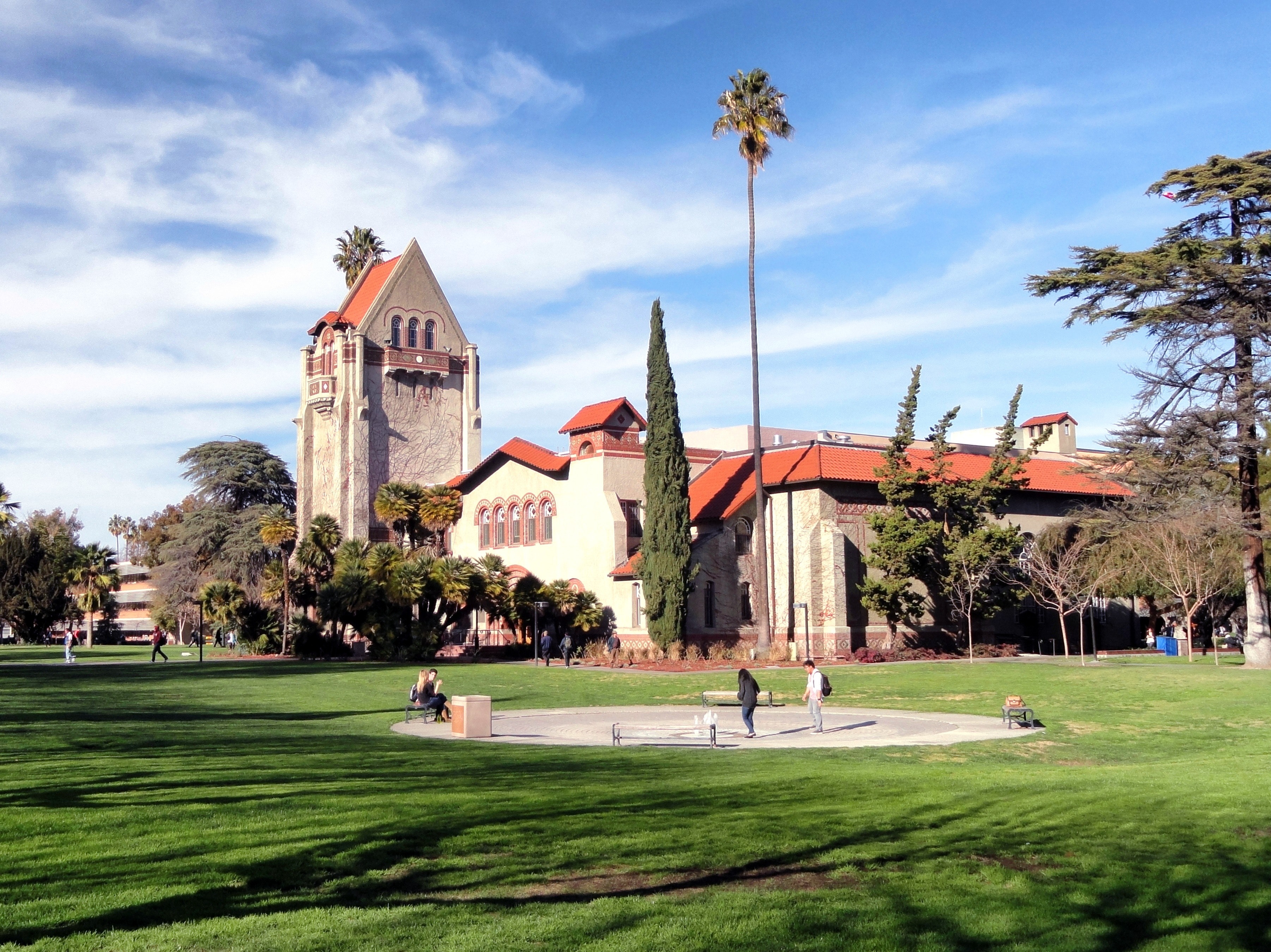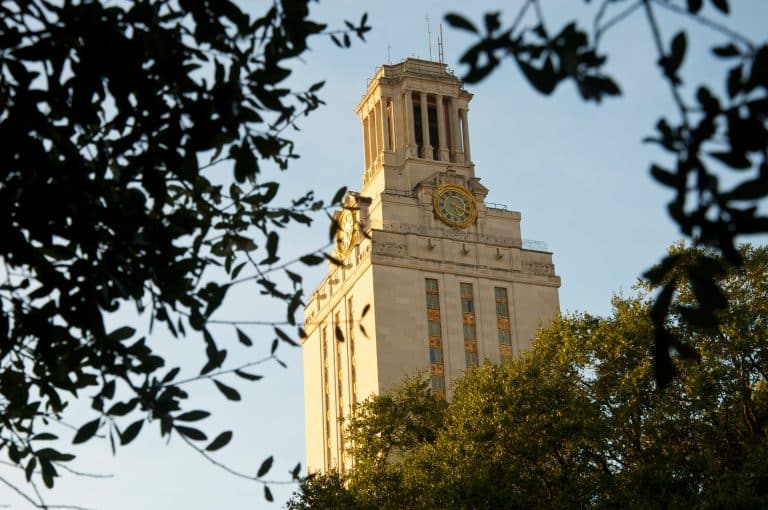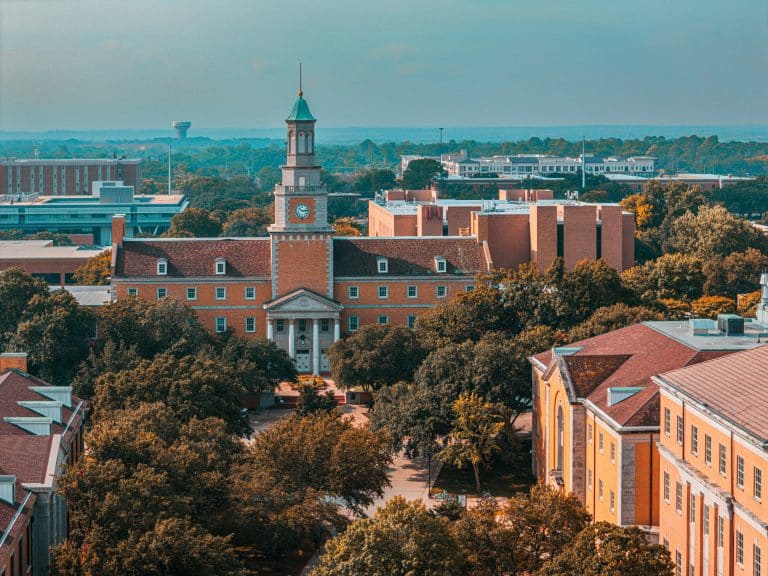When the news broke that fifty people – including celebrities like Felicity Huffman and Lori Loughlin – took part in a scheme to get their children into elite colleges through nefarious (and illegal) methods, reactions were varied. Some people were utterly unsurprised, while others were shocked. Across the board, however, we were all appalled. Now, as those accused are facing trial and even serving jail time, we’re left to wonder: how has this college admissions scandal changed things?
One of the universities involved in the scandal, the University of Southern California, has already announced a plan of action to ensure this doesn’t happen again, from monitoring donations from prospective families more closely, improving methods of identifying fraudulent application information, and outlining more clearly their admissions evaluations. As UC President Janet Napolitano stated, “We take our zero tolerance policy extremely seriously – even one instance of admissions fraud is too many.”
The University of Southern California isn’t the only school putting their admissions procedures under the microscope. Jill Shulman, the author of College Admissions Cracked, explained why we’ll see colleges nationwide start to reconsider some of their practices. “Colleges are businesses, after all, so public perception will likely impact choices colleges make about how they conduct their business down the road,” Schulman explained. This scandal has been a PR nightmare for higher education, and that’s not good for business. Taking steps to ensure something like this never happens again is one way of rehabilitating their image.
One way that some colleges are hoping to avoid another potential issue is by going test-optional, letting students decide if they’ll take and submit SAT and ACT scores. Even before the scandal, there were various cheating incidents and issues raised about the real-world value of scores. Now that this particular admissions scandal is receiving so much press, we are likely to see more and more schools choosing to go test-optional.
All of that said, there are a few hard truths about the college admissions process as it stands today that haven’t seen any meaningful change in the months since this scandal broke. For one, admissions counselors are busy. While they’d be able to fact-check every application in an ideal world, that’s not reality. However, Shulman says, “When time permits, admission officers will call high school guidance offices if they spot a discrepancy in an application, and sometimes they’ll Google a claim that’s especially exciting or suspicious.” Shulman also says that while there are issues within athletic recruitment specifically, “99.9% of coaches who recruit athletes have always been ethical.” In other words, most coaches won’t accept a Photoshopped picture of an applicant in a uniform and call it a day.
The other hard truth about the college admissions process is that wealth and privilege give applicants an advantage, even if their parents aren’t making massive donations to the school or paying someone to take the SAT for them. Money allows students to take test prep courses, hire private tutors, study abroad, and visit college campuses. In a recent op-ed for the Los Angeles Times, the student body presidents of Stanford, UCLA, USC, and Yale eloquently stated that the college admissions process won’t truly be 100 percent fair until “the larger, deeply rooted institutional barriers to higher education are acknowledged and removed so that students, regardless of the status and wealth of their parents, have truly equitable opportunities for admission into the university of their choice.”
There is one thing that Shulman stresses in her article, and I will stress to you now: the vast majority of people working in college admissions are fair, ethical, hardworking, honest, and helpful. Colleges and universities want a diverse student body that has been accepted based on merit. Admissions counselors want to look at the full, holistic picture of a student and admit those who have earned a spot fairly. While the system still has its flaws, there has been progress and there will undoubtedly be much more.





